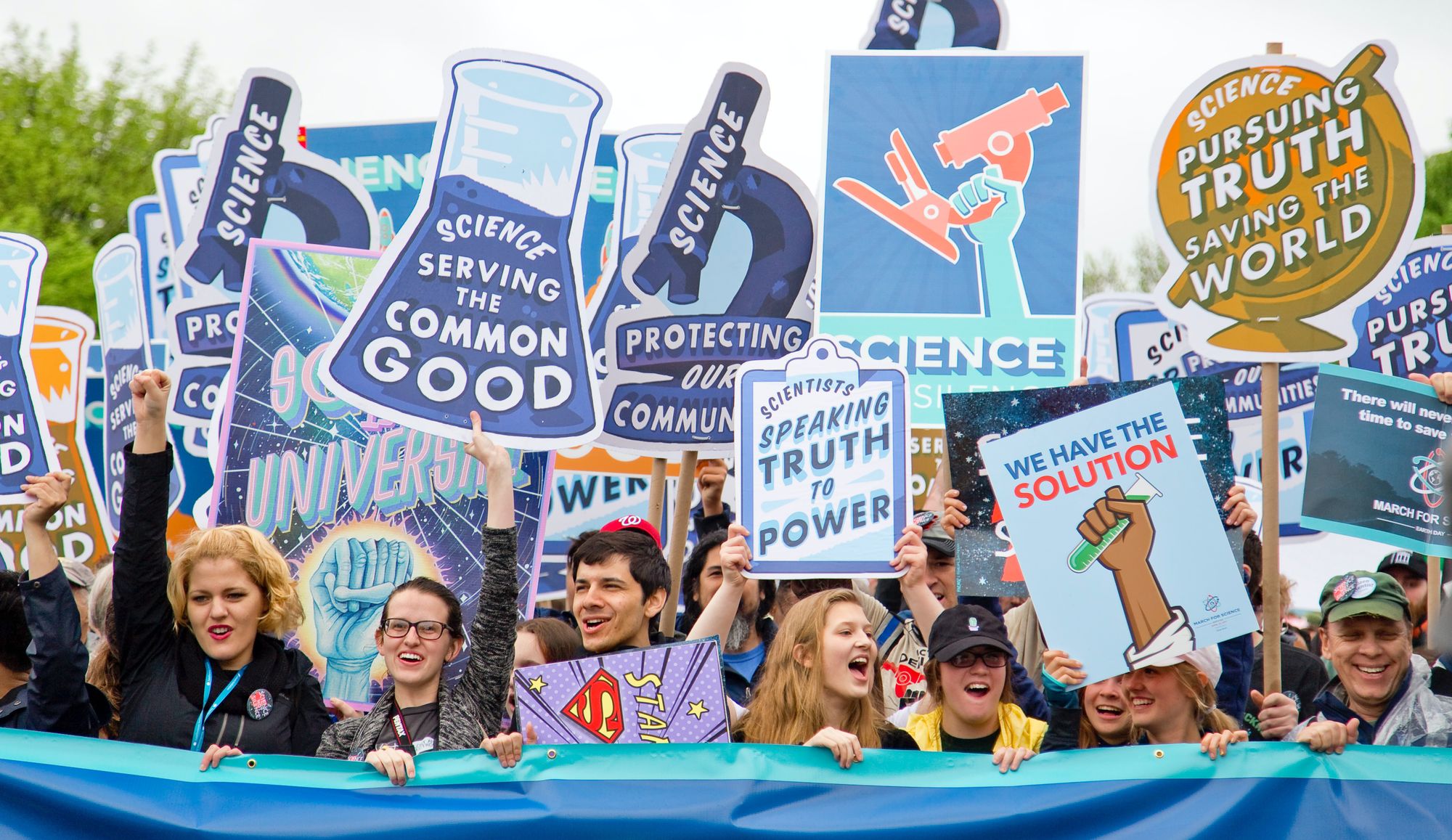The recent report by the Intergovernmental Panel on Climate Change on the present state of our warming planet constitutes a dire warning for citizens and governments the world over. Its specific contents may not be surprising, although the proportions of catastrophe which it predicts border on the stuff of nightmares.
The planet has warmed, on average, a full degree celsius since the Industrial Revolution, and barring a massive shift, will almost assuredly rise another 1.5 degrees in the next few decades. Between the year 2000 and the end of the century, an increase of 2 degrees is more than plausible. With such increases will come increasingly extreme weather patterns: widespread droughts, storms, and heatwaves. In addition, each of these hardly exists in a vacuum; their effects will almost assuredly compound. For example, rising temperatures could result in the thawing of permafrost, which in turn could accelerate rise in sea levels.
Across the planet, hundreds of millions of humans will be displaced from their homes as sea levels rise and regions become inhospitable to life. Food and water shortages could prove catastrophic. Such challenges are sure to generate domestic and international political tensions, as governments attempt to manage crises and protect themselves. International cooperation, crucial to the resolution of the climate crisis, will become more difficult, a reality which should motivate actors in the global community to work together before the pressures of scarcity make this impossible. All told, things are in a bad way.
While most informed citizens know this, there are important underpinning factors to the current crisis, and understanding them might provide some clarity and direction regarding solutions. First, even without the influence of entrenched interests hostile to confronting the climate threat, world governments, especially democratic world governments, have faced a unique challenge in climate change.
In democracies, policy debates which can take place and be settled in the short span between and across election cycles are privileged over long-term issues like climate change, which was once—although no longer—a problem solely for future generations. Some of the worst effects of climate change are still decades away, and it would do public officials well to put the long-term interests of their citizens ahead of those short-term ones which might be more politically rewarding to deal with.
Of course, it is impossible to discuss climate change without treating the role of entrenched interests in discouraging governments from taking proper action. Of particular concern is the extent to which corporations and lobbyists have been able to wage a disinformation campaign against climate action. Their success is a crucial example of how scientific truth does not equate to assured victory in politics, as Spectacles noted in a prior Insight on vaccine hesitancy.
Simply taking for granted a belief in the inevitable triumph of scientific truth over falsehood is hardly politically productive...Science, situated in a vacuum rather than in a political and rhetorical context, is insufficient for achieving what needs to be done to avert catastrophe.
In other words, politicians with a mind to prevent the worst-case climate scenarios from occurring—the best cases being effectively off the table—need to go beyond mere invocations of the contents of the IPCC report. They must paint a compelling rhetorical picture both of the horrifying consequences of inaction and the benefits of a swift response. Countless voters have either acclimated to climate apathy or fear the possibility of losing their jobs as a result of government intervention. A recitation of “the facts” will not win them over.
The case for action proportionate to the crisis now requires a persuasive campaign that can crowd out decades of falsehood pushed by those who have an interest in maintaining the status quo. It also demands wising up to new rhetorical tricks, such as the energy giant Exxon’s decision to advocate for supposedly infeasible policy solutions in the hopes of preventing anything from being done.
The IPCC report affirms what scientists have known for decades, and then some. It provides a basis for sensible policies to reduce and eventually eliminate greenhouse gas emissions. But intervening factors—namely the constraints of democratic politics and the need to effectively marshal “the science” towards necessary political ends—are just as important. Climate change, as the report so chillingly informs us, is not waiting for liberal democracy in the United States to get its house in order. That we must do ourselves.




Comments
Join the conversation